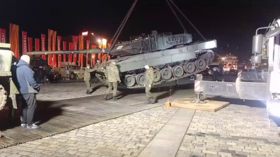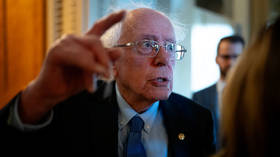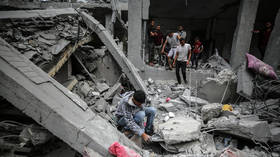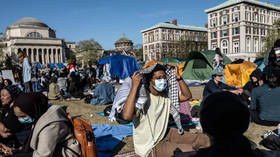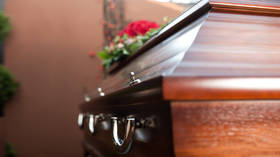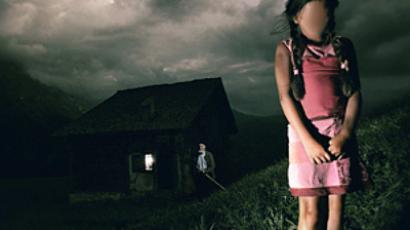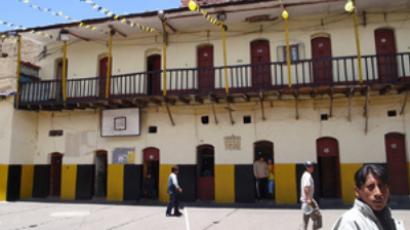Latin American criminals find a home in the United States
Some of Latin America's most notorious criminals have found new homes in the United States.
As the US has been fighting the War on Terror against Muslim extremists, it has also been a haven for individuals with outstanding warrants in Cuba, Venezuela and Bolivia. Many of those now living freely in the US worked as operatives for the CIA or other US-sponsored organizations hoping to unseat Latin American leaders unpopular with the United States.
In 1976, Luis Posada Carriles and Orlando Bosch blew up a Cuban airliner, causing the death of all 73 people on board. Both Posada and Bosch admitted their guilt, but have lived out the remainder of their lives in the US.Former Bolivian President Gonzalo Sanchez de Lozada, who is facing charges relating to government suppression of a protest in February 2003 resulting in the death of 30 people, fled to the US later that same year and American authorities have refused to extradite him.
“The [US] government feels it’s necessary to ally itself with people in power, and a lot of times those people are dictators,” said Dave Kane of the Maryknoll Office for Global Concerns
The reason for supporting certain leaders over others is often a question of economics. Sanchez de Lozada was influential in arranging transport of Bolivian natural gas to the United States.
“While he was here in the 1990s, he was an example of what a president should do in terms of modernizing the economy and natural resources,” Kane said.
In other cases, those being harbored may know too much. The School of the Americas, hosted by the US military in Georgia, has long been known as a training place for Latin American soldiers and leaders.
“In the case of Posada Carriles, he has a long history of working with the CIA that has been well documented. In that case, the US doesn’t want a case against him because a lot of information would come out,” Kane said.


